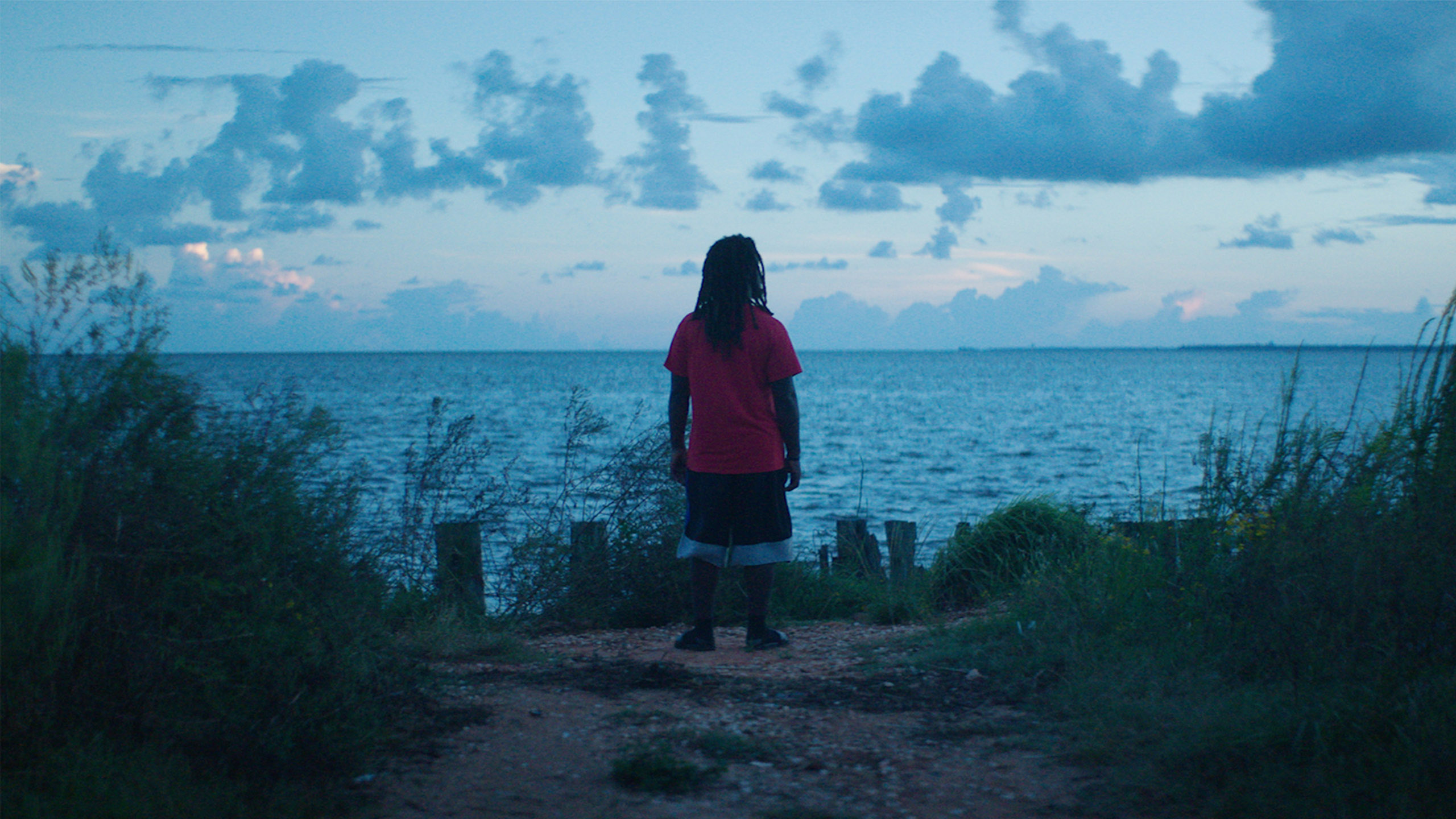
To learn about U.S. history means to learn about the history behind The Clotilda, the last known and illegal slave ship, in Descendant.
I’m going to be 100% honest here. I’m a student of U.S. history but I had never learned about The Clotilda when I was growing up. If a number of Republican politicians get their way, nobody will. There’s this segment of the American population that doesn’t want people to learn about America’s racist past and this is just wrong. This is why it’s important for films like Descendant to be made.
Filmmaker Margaret Brown is a Mobile, Ala. native and one of the things she gets at in the film is memory vs. evidence and how we preserve history. For residents of the Africatown neighborhood, they’ve known about their origins for many years. It’s one of the things that gets passed down from generation to generation. By bring this story to the screen, Brown also ensures that it will never be forgotten.
With 110 Africans on board, the ship set sail for the U.S. in 1860 and arrived on the shores of Mobile, Ala., where it was destroyed. It had been chartered by Timothy Meaher, a man whose descendants owns industrialized land around the neighborhood. If you’re not familiar with U.S. history, the act of importing slaves had been made illegal in 1808. The law had been enacted in March 1807 but didn’t take effect until January 1 of the following year. What Meaher did was illegal and he shouldn’t have been able to get away with it. Knowing this is what adds an extra layer of friction to what is taking place in Mobile.
It was a major discovery when remains of the ship were discovered in the Mobile River in 2018. It would be until 2019 before the full ship was discovered. For national news media, it meant one thing. But for the residents of Mobile, what it meant is that their history was real. It isn’t a myth or legend–as some people would have you believe–but actual history.
Here’s the other thing that took place in 2018: Zora Neale Hurston’s interview with Cudjoe Lewis (Or is it Cudjo Lewis?) was published in a book, Barracoon. Hurston’s book was only seeing light of day for the first time even though she wrote it in 1931. To say that her book led to new interest in the ship would not be an understatement. Lewis was the last survivor of The Clotilda and his history is just another piece of the conversation. Between the ship and the interview, there can be no denying what happened in 1860.
This is not Brown’s first film about Mobile so it’s certainly not a surprise to see how she approaches the story. How does the Meaher family tell it compared to the Africatown residents? If the Meahers had their way, it would be complete silence. Spoken like people that would like to forget that history never happened. If you don’t think racism is alive and well, all you have to do is look across the American South. It’s still there whether people wish to admit to themselves or not. Their ancestor got away with a major crime–one that is punishable by death–and to this date, they are still getting away with unjust land appropriation and zoning practices.
One of the film’s executive producers is Summer of Soul filmmaker Ahmir “Questlove” Thompson. The filmmaker/musician is a descendant of Cudjoe Lewis’s brother, Charlie Lewis.
Descendant is essential cinema and the film comes as America continues to face its racist past. This is a film in which audiences will be thinking about after the credits have rolled.
DIRECTOR: Margaret Brown
SCREENWRITERS: Margaret Brown, Dr. Kern Jackson
Descendant holds its world premiere during the 2022 Sundance Film Festival in the U.S. Documentary Competition.
Please subscribe to Solzy at the Movies on Substack.




